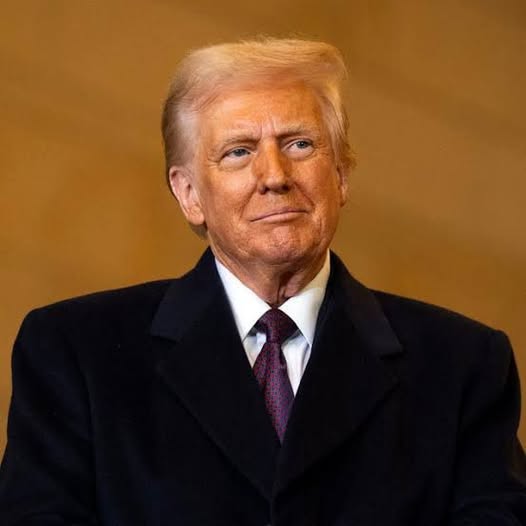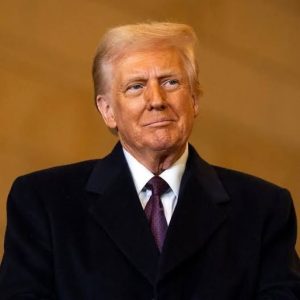Professional sports have long been a melting pot of international talent, and Major League Baseball (MLB) is no exception. The Houston Astros, like many other teams, rely on players from various countries, particularly Latin America. However, under former President Donald Trump’s administration, stricter immigration policies created uncertainty for foreign-born athletes, leaving some Astros players in limbo.
The Impact of Stricter Immigration Policies
During Trump’s presidency, a series of executive orders and policy changes tightened visa regulations, increasing the difficulty for foreign players to enter or remain in the United States. The administration’s focus on restricting immigration affected not only undocumented immigrants but also those with work visas, including athletes.
The H-2B and P-1 visas, commonly used by foreign MLB players, faced increased scrutiny. The P-1 visa, designated for internationally recognized athletes, became more challenging to obtain due to heightened vetting procedures and delays in processing times. Additionally, the suspension of certain visa categories during the COVID-19 pandemic further complicated travel and work authorization for many players.
For the Astros, these policies posed a direct threat. Players from countries such as the Dominican Republic, Venezuela, and Cuba found themselves entangled in bureaucratic red tape. Some players encountered visa denials, forcing them to miss spring training or the start of the season. Others faced difficulties in securing renewals, raising concerns about their long-term ability to compete in the United States.
High-Profile Cases and Their Consequences
One of the most notable cases involved Cuban-born players who defected to play in MLB. Historically, Cuban athletes seeking to play in the U.S. faced an arduous process to obtain residency and work authorization. Under the Obama administration, a pathway known as the “Cuban Adjustment Act” made it easier for Cuban players to enter MLB. However, Trump reversed many of these policies, forcing Cuban-born players to navigate complex immigration hurdles.
Additionally, Venezuelan players faced challenges due to political instability in their home country. As the Trump administration imposed strict sanctions on Venezuela, some players struggled to secure travel documents or financial transactions related to their contracts. This created uncertainty for Astros players from Venezuela, making their status in the league precarious.
The Broader Impact on MLB and the Astros
The Astros were not the only team affected—immigration issues impacted the entire MLB landscape. Delays in processing work visas disrupted rosters and affected team performance. Some teams had to explore alternative solutions, such as signing domestic free agents to fill gaps left by absent international players.
Furthermore, MLB itself expressed concerns over immigration policies limiting access to top international talent. The league has long relied on a pipeline of young talent from Latin America, and restrictions threatened to disrupt this supply. Teams like the Astros, known for their strong scouting and development programs in the Caribbean, faced potential long-term setbacks.
Conclusion
While President Trump’s immigration policies aimed to tighten national security and control immigration, they also had unintended consequences for professional sports. For the Houston Astros, these policies created uncertainty, leaving players and team management scrambling for solutions. Though the Biden administration has since taken steps to reverse some of these policies, the issue highlights the intersection of politics and sports, showing how immigration laws can impact even the world of professional baseball.

